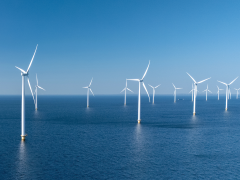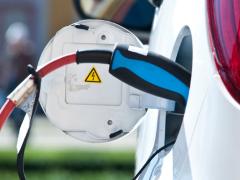Interaction of consumer preferences and climate policies in the global transition to low-carbon vehicles
Burgeoning demands for mobility and private vehicle ownership undermine global efforts to reduce energy-related greenhouse gas emissions. Advanced vehicles powered by low-carbon sources of electricity or hydrogen offer an alternative to conventional fossil-fuelled technologies. Yet, despite ambitious pledges and investments by governments and automakers, it is by no means clear that these vehicles will ultimately reach mass-market consumers.
Here, we develop state-of-the-art representations of consumer preferences in multiple global energy-economy models, specifically focusing on the non-financial preferences of individuals. We employ these enhanced model formulations to analyse the potential for a low-carbon vehicle revolution up to 2050. Our analysis shows that a diverse set of measures targeting vehicle buyers is necessary to drive widespread adoption of clean technologies. Carbon pricing alone is insufficient to bring low-carbon vehicles to the mass market, though it may have a supporting role in ensuring a decarbonized energy supply.
This article is available on the publisher’s website via restricted access.
Authors
Specifications
- Publication title
- Interaction of consumer preferences and climate policies in the global transition to low-carbon vehicles
- Publication date
- 17 July 2018
- Publication type
- Article
- Publication language
- English
- Magazine
- Nature Energy
- Issue
- 2018, 16 juli 2018
- Product number
- 3348




